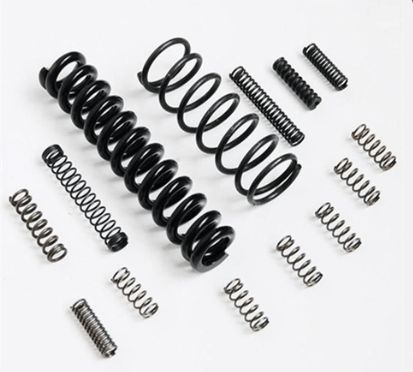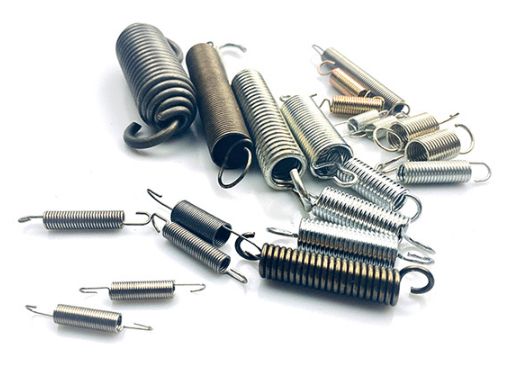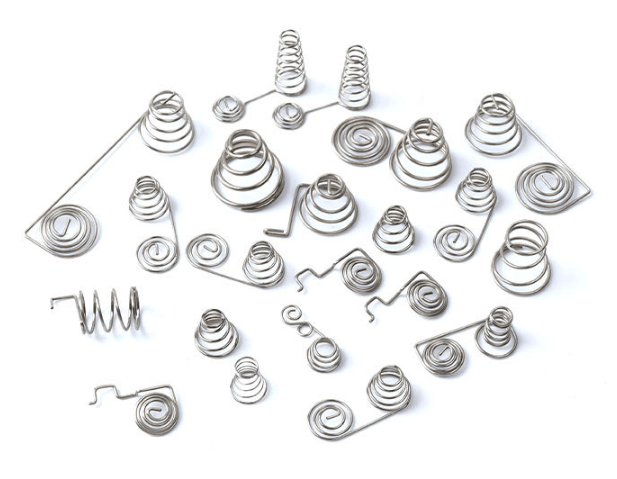Spring, a fundamental component, boasts numerous invaluable properties, rendering it indispensable across various industries such as automobiles, tractors, instruments, and textiles.
However, the occurrence of fatigue fracture accidents in critical springs during operation can result in substantial economic losses and pose threats to worker safety. To mitigate such risks, understanding the factors influencing the fatigue strength of springs is imperative.

Factor 1: Yield Strength
The fatigue limit of materials exhibits a correlation with their yield strength. Generally, higher yield strength correlates with enhanced fatigue strength. Thus, improving the yield strength of spring materials or opting for materials with a high yield strength-to-tensile strength ratio can elevate the fatigue strength of springs. Fine-grain structures tend to exhibit higher yield strength compared to coarse ones.
Factor 2: Surface State
Given that maximum stress primarily concentrates on the surface, the surface quality significantly impacts fatigue strength. Fatigue fractures often stem from defects like cracks, scars, and imperfections incurred during rolling, drawing, and coiling processes.
Reducing surface roughness minimizes stress concentration and elevates fatigue strength. Methods such as grinding, pressing, shot blasting, and rolling enhance surface quality, thus improving fatigue strength.

Factor 3: Size Effect
Larger material sizes are prone to defects from cold and hot working processes, escalating the likelihood of surface imperfections and compromising fatigue performance. Hence, size effects should be factored into fatigue strength calculations.
Factor 4: Metallurgical Defects
Metallurgical defects such as non-metallic inclusions and element segregation serve as stress concentration points, fostering premature fatigue cracks. Employing measures like vacuum smelting and casting enhances steel quality, mitigating metallurgical defects.
High-Fatigue-Strength Springs – KENENG Spring
KENENG specializes in R&D and production of diverse springs, leveraging advanced industry technology to craft products with superior fatigue strength. With a production capacity spanning from Φ0.01 to Φ100, KENENG springs find applications across scientific research, military, nuclear, chemical, petroleum, and machinery sectors.

Customization options cater to specific installation requirements, pressure dimensions, material selection, wire diameter, size, and specialized processing techniques. As a professional spring manufacturer, KENENG prioritizes quality, striving to meet diverse customer demands with precision-engineered solutions.